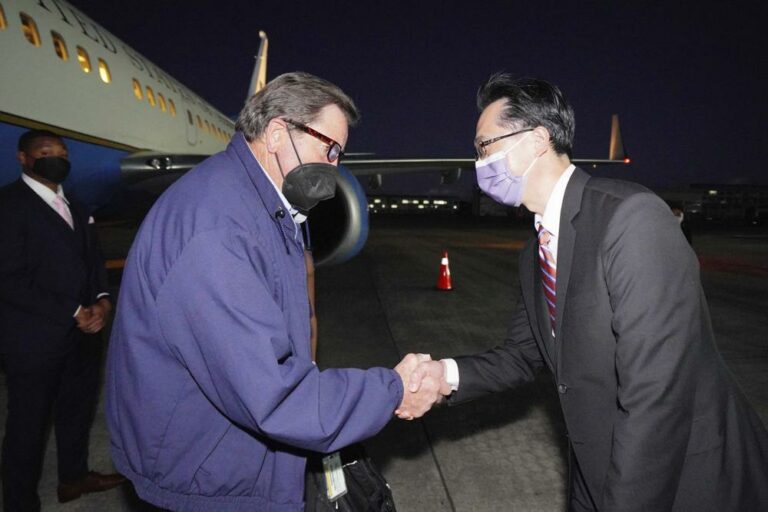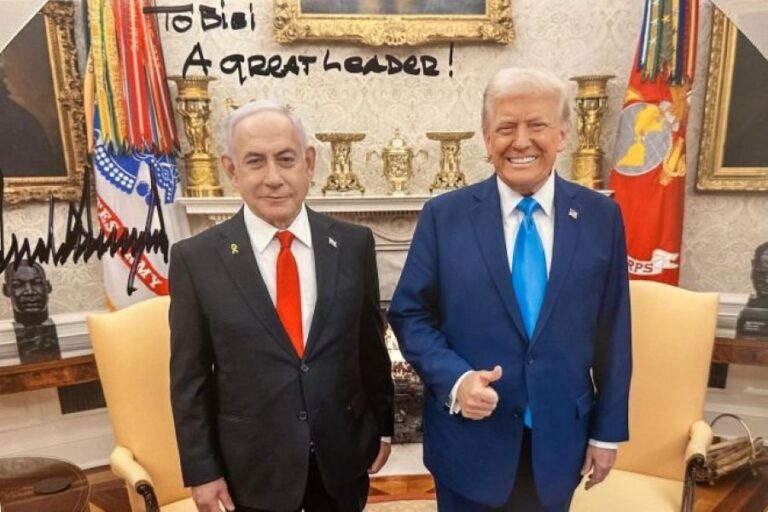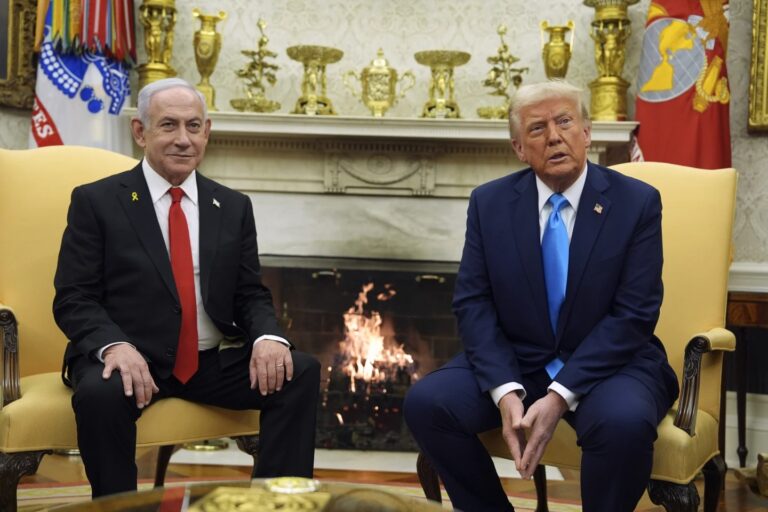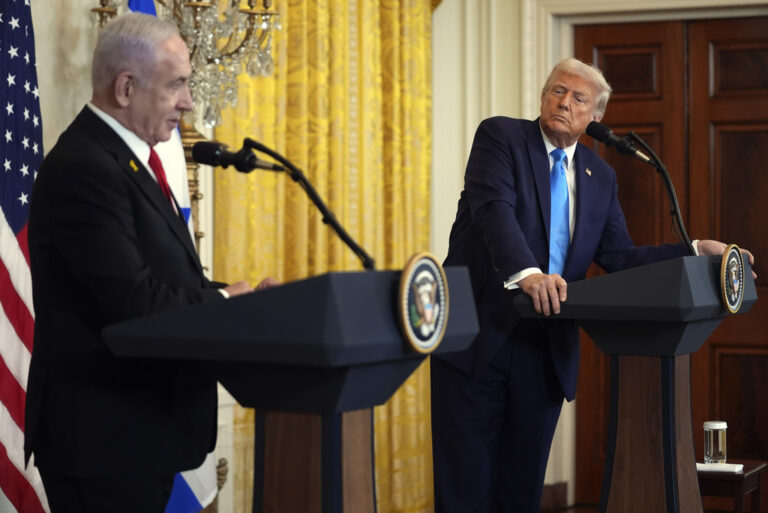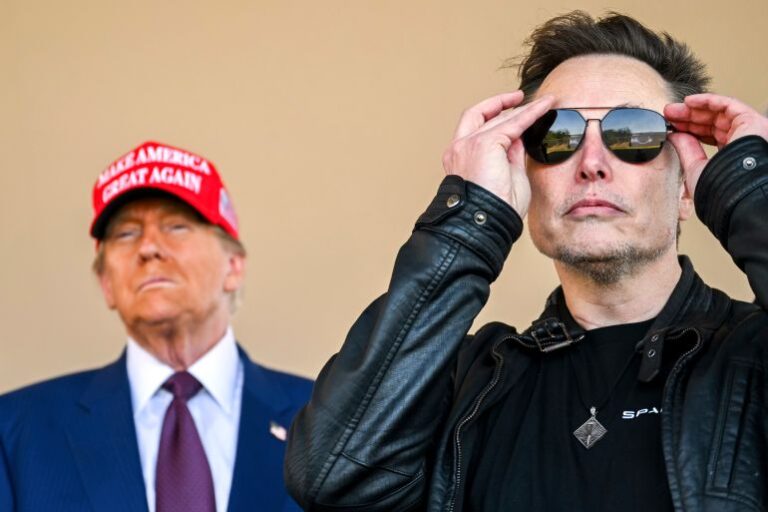A delegation of American lawmakers arrived in Taiwan on Sunday, just 12 days after a visit by U.S. House Speaker Nancy Pelosi that prompted an angry China to launch days of threatening military drills around the self-governing island that Beijing says must come under its control.
The five-member delegation, led by Democratic Sen. Ed Markey of Massachusetts, will meet President Tsai Ing-wen and other officials to discuss U.S.-Taiwan relations, regional security, trade, investment and other issues, the American Institute in Taiwan said. The institute represents the U.S. government, which does not have official ties with Taiwan.
China responded to Pelosi’s Aug. 2 visit by sending missiles, warships and warplanes into the seas and skies around Taiwan for several days afterward. The Chinese government objects to Taiwan having any official contact with foreign governments, particularly with a high-ranking congressional leader like Pelosi.
A Taiwanese broadcaster showed video of a U.S. government plane landing about 7 p.m. Sunday at Songshan Airport in Taipei, the Taiwanese capital. Four members of the delegation were on the plane. Markey arrived on a separate flight at Taoyuan International Airport, which also serves Taipei. The group will be in Taiwan until Monday as part of trip to Asia, the American Institute said.
The other members of the delegation are Republican Rep. Aumua Amata Coleman Radewagen, a delegate from American Samoa, and Democratic House members John Garamendi and Alan Lowenthal from California and Don Beyer from Virginia.
Chinese warplanes have continued crossing the midpoint of the Taiwan Strait on a daily basis even after the conclusion of the military exercises last Wednesday, with at least 10 doing so on Sunday, Taiwan’s Defense Ministry said.
The 10 fighter jets were among 22 Chinese military aircraft and six naval ships detected in the area around Taiwan by 5 p.m. on Sunday, the ministry said on its Twitter account.
A senior White House official on Asia policy said late last week that China had used Pelosi’s visit as a pretext to launch an intensified pressure campaign against Taiwan, jeopardizing peace and stability across the Taiwan Strait and in the broader region.
“China has overreacted, and its actions continue to be provocative, destabilizing, and unprecedented,” Kurt Campbell, a deputy assistant to President Joe Biden, said on a call with reporters.
“It has sought to disregard the centerline between the P.R.C. and Taiwan, which has been respected by both sides for more than 60 years as a stabilizing feature,” he said, using the acronym for the country’s full name, the People’s Republic of China.
China accuses the U.S. of encouraging independence forces in Taiwan through its sale of military equipment to the island and engaging with its officials. The U.S. says it does not support independence for Taiwan but that its differences with China should be resolved by peaceful means.
China’s ruling Communist Party has long said that it favors Taiwan joining China peacefully but that it will not rule out force if necessary. The two split in 1949 during a civil war in which the Communists took control of China and the losing Nationalists retreated to the island of Taiwan.
Campbell, speaking on Friday, said the U.S. would send warships and planes through the Taiwan Strait in the next few weeks and is developing a roadmap for trade talks with Taiwan that he said the U.S. intends to announce in the coming days.
(AP)

